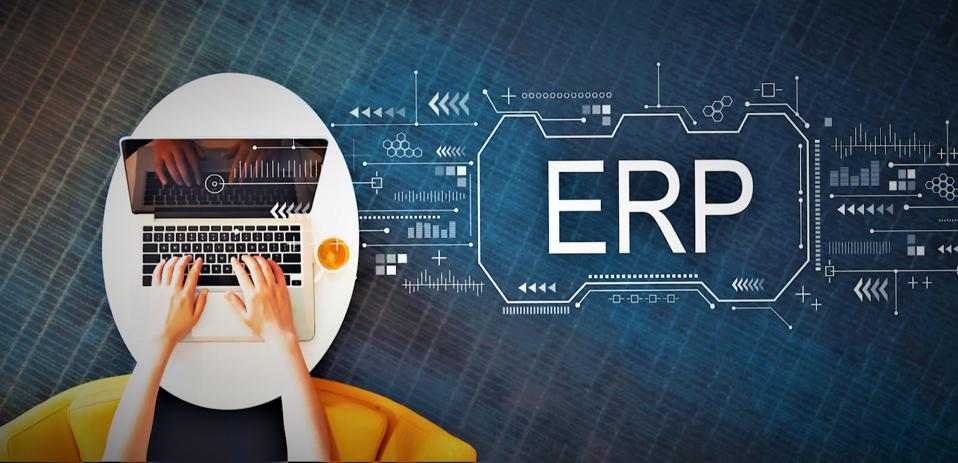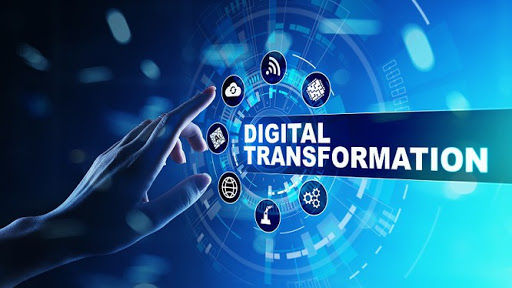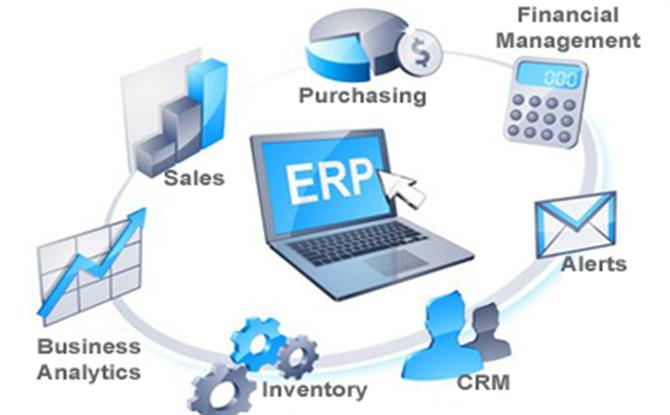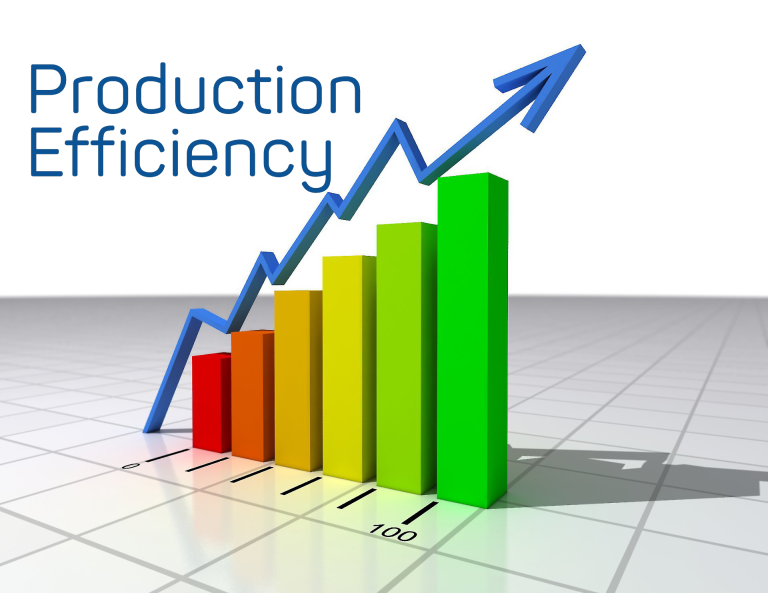What is ERP system? 5 ERP applications in enterprises
What is an ERP system that is shared by many people as a secret of business administration?

What is ERP?
ERP is a combination of 3 words:
READ ALSO
What is hiding comments on Facebook? Hide comments on Facebook can others see?
Instructions on how to register for Ahamove online
Enterprise – Enterprise
Resource – Resources
Planning - plan
That is, ERP is a phrase that refers to an enterprise resource planning system. In the term ERP, with only 2 words Resource - Planning has fully expressed the meaning of this business management solution.

What is Resource in ERP?
In economics, resources are financial, human and technological resources. Resource in ERP is a resource . Applying ERP to business operations is the process by which businesses convert resources into resources, helping businesses to develop in the most effective way. To do that, TinoHost suggests you the following:
Research and help each department in the business can operate best and effectively to serve the business.
It is necessary to plan and build a roadmap to exploit the resources of the departments so that there is always a smooth coordination between the departments.
Enterprises should set up processes to exploit resources, so as to achieve the highest efficiency.
Always update accurate and timely information on the status of business resources.
If you want to transform all resources into resources, businesses need to go through a period of "makeover", which means changing business culture both inside and outside the business.

What is Planning in ERP?
Planning or planning - planning is a familiar concept in business administration.
ERP will help businesses calculate and forecast the possibilities that may arise in the process of operating production and business.
For example, ERP helps the factory to accurately calculate the material supply plan for each order based on: total demand, schedule, productivity, current supply capacity of the factory... ERP will help reduce errors. errors in business processing.
What is Enterprise in ERP?
Enterprise or enterprise is the real destination of this entire transformation and the ERP system was born to unify the business into one.
With ERP, each department will have a system to handle its own work. The ERP system will combine all the individual systems into one integrated software, running on one database. As a result, departments in the enterprise can easily share information and interact with each other.
This overall integration will bring a lot of practical benefits to businesses, especially when all information is synchronized together.
What is ERP system?
Simply put, an ERP system is a software program that helps unify departments. This is a multifunctional software that links all business activities from:
Comprehensive input and output management.
Helping businesses with planning and statistics.
Enterprises can control operations in terms of production, finance, and human resources better.
Besides, the ERP system can also provide in-depth analysis reports. Based on those data, the software will make forecasts and help managers and departments operate more efficiently.

What does an ERP system do for businesses?
ERP system is a software solution born to support business management. An ERP system helps manage business processes, allowing an organization from small to large to use a system of integrated applications to manage the business and automate many functions related to technology, services and enterprise's human resources.
When do businesses need an ERP system?
The flexibility of an ERP system allows businesses to deploy solutions based on their own needs. More specifically, businesses need an ERP system when:
As the business scales up : The organization is growing, has grown, or is planning to expand significantly.
When businesses have problems in management : Organizations need business management software to monitor and improve operational processes to operate better.
After the merger or acquisition process : Corporations need to streamline the system between subsidiaries.
When the enterprise is in the process of building a new system : The organization's current system is no longer suitable for the times, is not available for upgrade or no longer fully serves the needs of the business and users .
When businesses need to update management trends : Organizations led by a forward-thinking leader have outlined a business technology roadmap that includes a new enterprise solution such as digital transformation .

What problem will the ERP system application solve for businesses?
Create a unified database for increased reliability
Normally, the accountant will have its own data, the sales department has its own data, when reviewing and checking will create a lot of certain difficulties when there is an error such as: unable to identify the fault caused by the department. However, it is not possible to have complete control over the data.
The ERP system centralizes data from each department into a common data management facility. As a result, departments can easily share information and control each other.

Standardize information about personnel
Managing HR information will be much easier when all data is centralized. Businesses will be able to easily calculate salaries, perform professional operations on management, making the use of human resources more effective.
One of the "frustrations" in many businesses is about working hours. Sometimes the Administration - Human Resources department has inadequate monitoring methods that create unnecessary errors. And the ERP system can take care of human resource management extremely well.
Help accounting work more accurate
Most businesses today store financial data in paper and excel files. When businesses have to check and reconcile, paper data will make the job complicated because you will have to check every number on paper. If the business's paper-recorded financial data is accumulated over the years, the situation further complicates the situation. Even the use of excel files becomes inadequate in some cases where the data is too large.
However, the ERP system will help reduce those unnecessary errors.
Integrate customer information
With the ERP system, a customer's order will be standardized according to an automatic route. From the time the business receives the order => the order is packed and delivered and until the finance department issues the invoice.
All information will be recorded and standardized on a single data source. This will help businesses have a more accurate and complete source of information.
ERP software system helps your company track orders easily, helping to coordinate smoothly between sales department, warehouse and delivery department in different locations at the same time.
Standardize and increase production efficiency
ERP system can module, plan and manage production. With such clear information, manufacturing companies can identify and eliminate inefficiencies in the production process.
For example, if a company does not use ERP software and manually plans production, it can lead to miscalculation and cause bottlenecks in the production process. The bottlenecks will often cause the capacity of machines and workers not to be optimal.
In other words, applying an ERP system is applying an effective production planning system, thereby cutting production costs per unit of product.

The process of integration development is not a new thing anymore, Vietnamese businesses must change to be able to integrate with foreign businesses that are entering more and more.
Through this article, TinoHost hopes to help your business have a better management solution!
Frequently asked questions
Which industries are ERP systems suitable for?
Mechanical manufacturing industry
Trade in Services
Steel industry
Construction industry – Real estate
Industry of Building Materials – Furniture
Mining industry – Minerals
Transport - logistics industry
Pharmaceutical and food industry
Difference between CRM and ERP?
CRM is a software that helps manage customer relationships and some software also helps to manage the sales activities of the organization. Whereas, ERP is a unified software program that manages the business processes of the entire organization.
What elements should an ERP system have?
Designed for each business part
Tightly integrated
Ability to analyze management
How long will it take to implement an ERP system?
The answer depends on the size and desire of the business to convert. However with evolving technology, this process only takes a few weeks to implement.